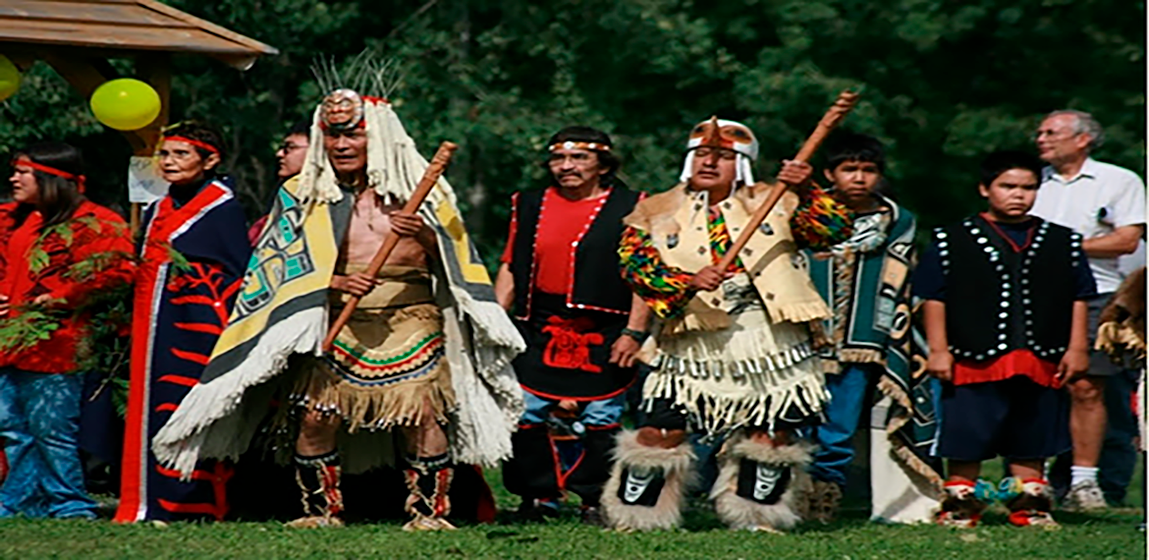"No amount of money can compare to the richness of the river and what it gives us.” said First Nation
Canada’s Lax Kw’alaams show us how we can be saved: by loving the natural world and local living economies more than mere money and profit
Everything has a price. Everyone can be bought. We assume this principle is endemic to modern life — and that accepting it is most obvious to the impoverished. Except all over the world, people are defying it for a greater cause. That courage may be even more contagious.
It has been in full supply in north-west Canada, where an oil giant is aiming to construct one of the country’s biggest fossil fuel developments: a pipeline to ship liquified natural gas (LNG) out of British Colombia. To export it overseas via tankers, Malaysian-owned Petronas must first win approval for a multi-billion dollar terminal on the coast.
That happens to be at the mouth of Canada’s second-largest salmon river, on the traditional territory of the Lax Kw’alaams First Nation. One of the world’s longest un-dammed rivers, the Skeena abounds in the fish relied on by surrounding wildlife — and by First Nations and an entire regional economy.
Last year, following our modern principle, Petronas offered the First Nation an offer they imagined couldn’t be refused: in exchange for their support, a whopping $1.15 billion in cash. But put to a vote, the Lax Kw’alaams resoundingly said “no” — every single community member.
When Petronas made the offer, Lax Kw’alaams hereditary chief Yahaan says he believed the community — poor and with few employment prospects — might vote yes.
“Opportunities like that don’t come to your door every day,” he says. “But I give my people credit for taking that bold step. They showed their love and their passion for the land and water. No amount of money can compare to the richness of the river and what it gives us.”
They knew something even a billion dollars couldn’t persuade them to ignore: that you couldn’t pick a worse place to transform into an industrial landscape. The proposed site for the LNG plant is smack in the middle of a unique estuary, a coastal Mecca for fish: where every year hundreds of millions of young salmon, having travelled down the river after birth, feed and nurture as part of their journey to adulthood.
Source:
Related to SDG 10: Reduced inequalities and SDG 14: Life below water



